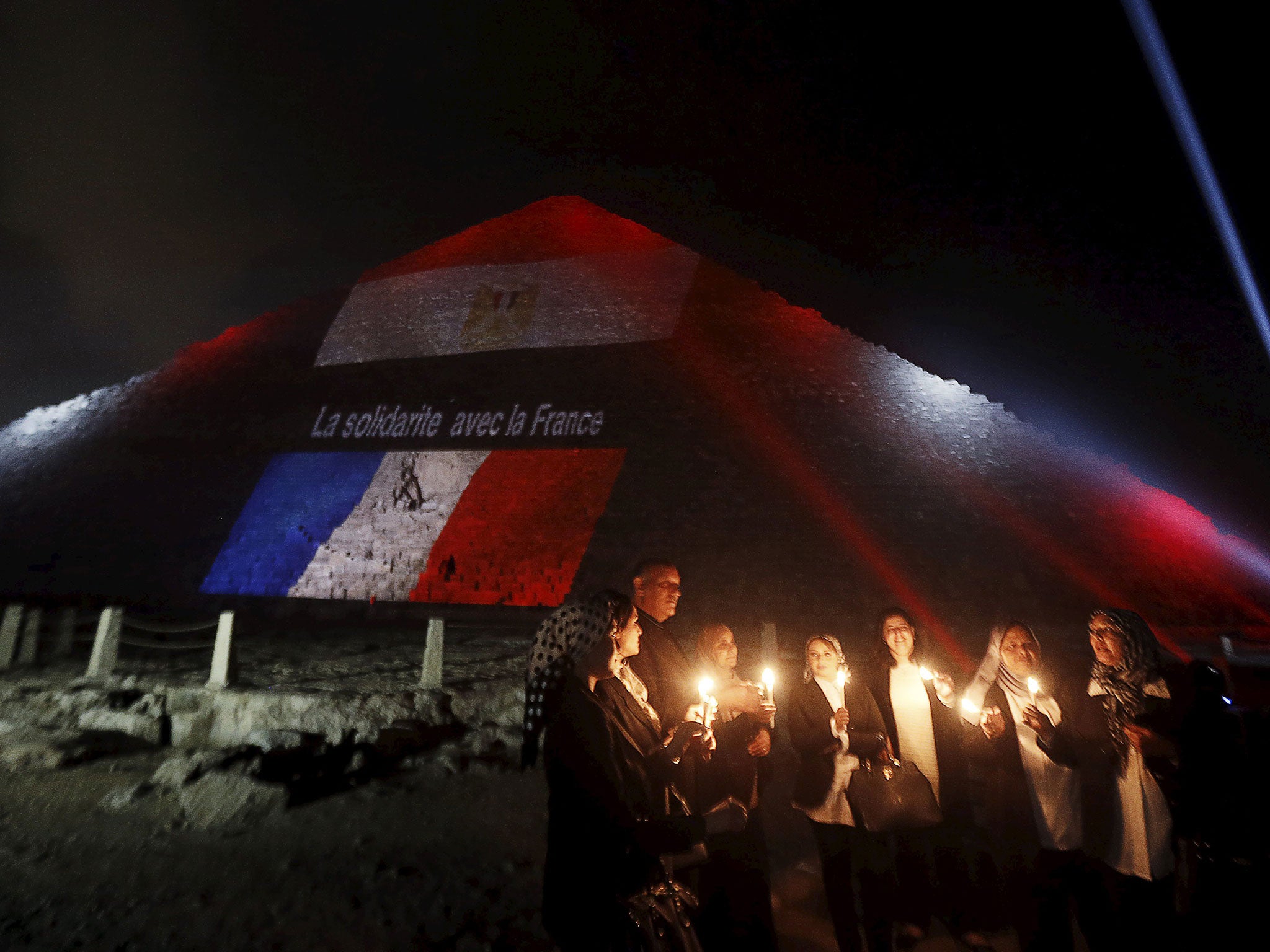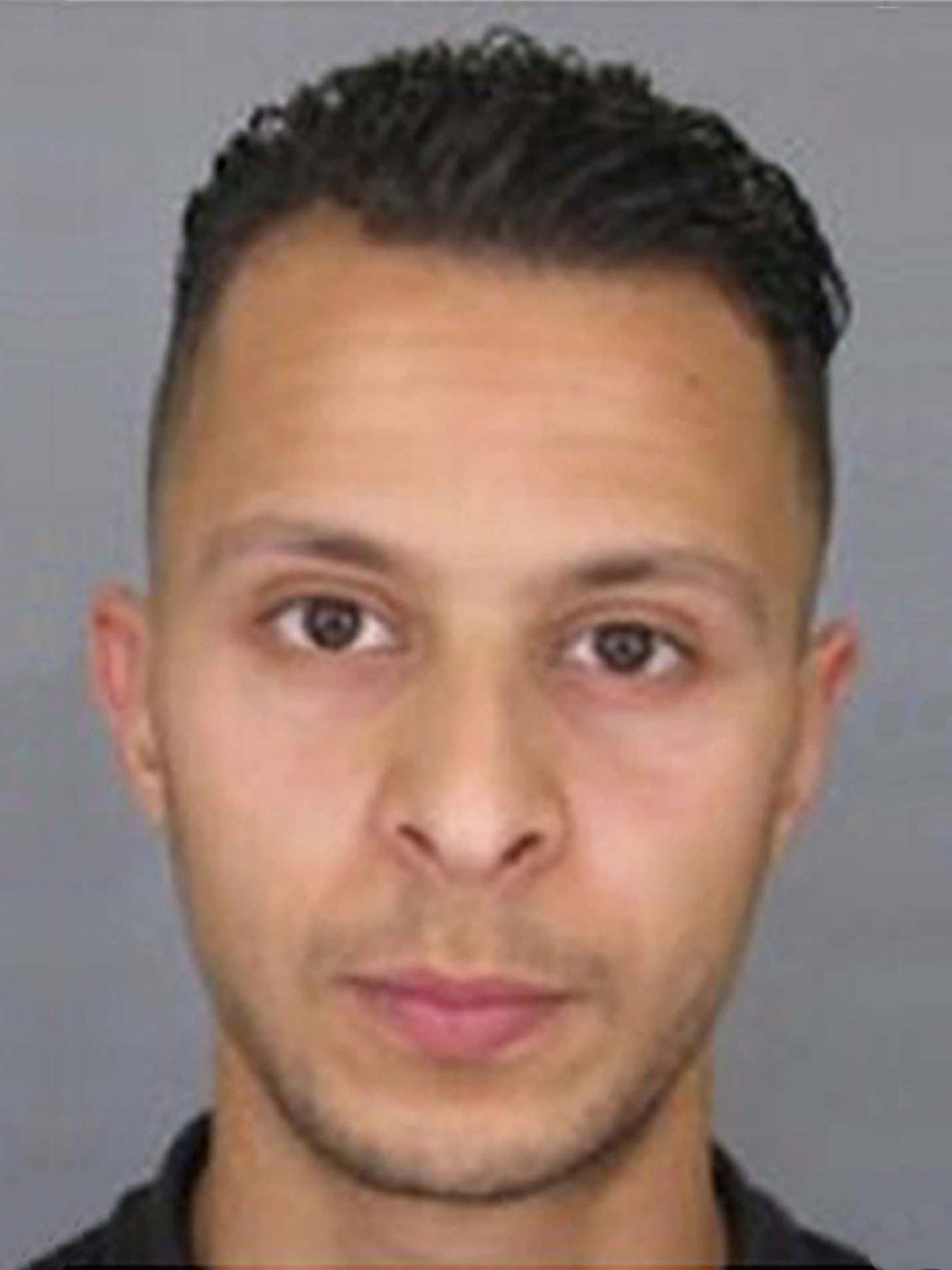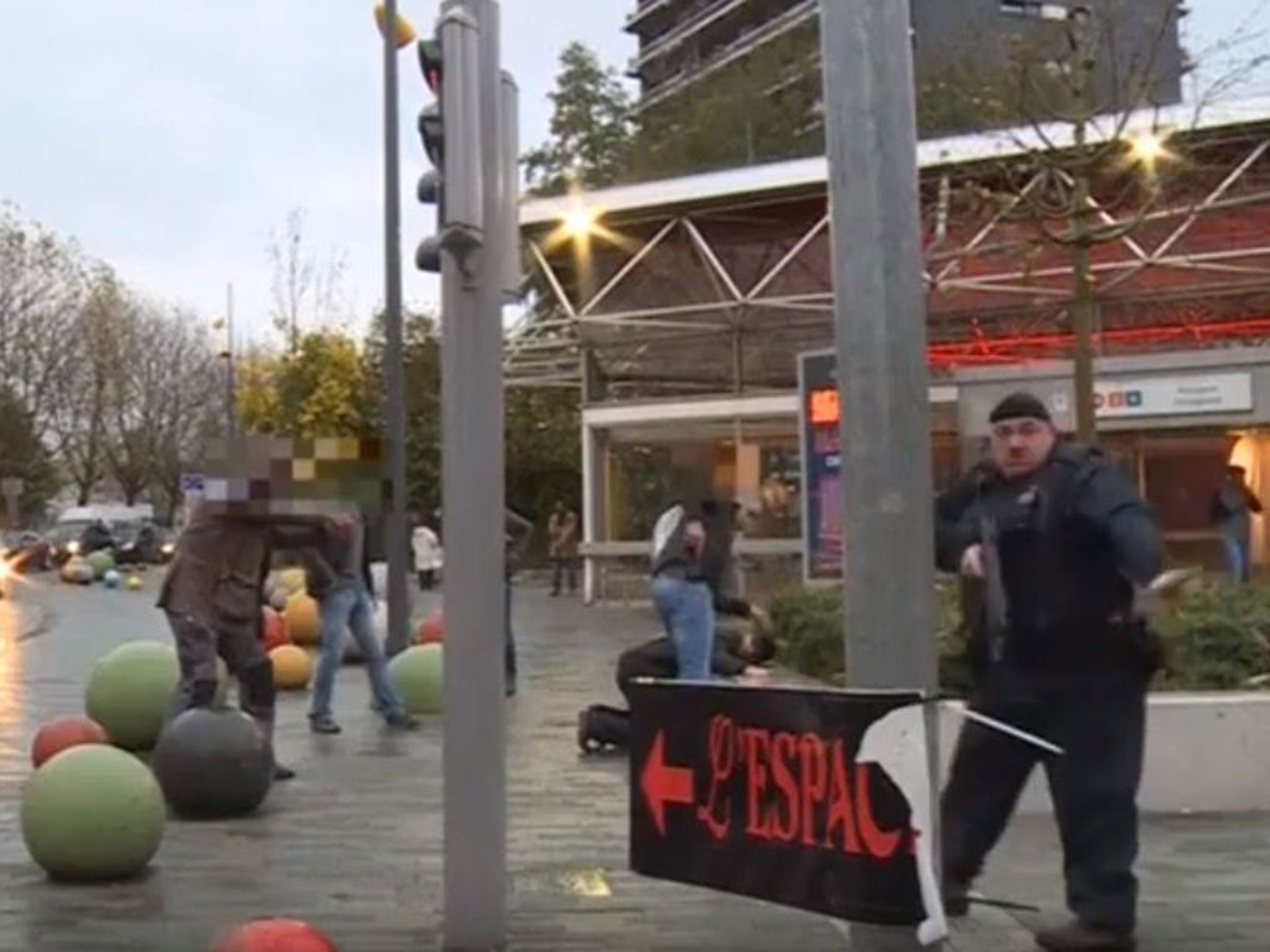Paris terror attacks: Killers involved in atrocity escaped and are capable of further assaults, security agencies warn
Police say three brothers were at centre of terror ring – but one survived the attack

Your support helps us to tell the story
From reproductive rights to climate change to Big Tech, The Independent is on the ground when the story is developing. Whether it's investigating the financials of Elon Musk's pro-Trump PAC or producing our latest documentary, 'The A Word', which shines a light on the American women fighting for reproductive rights, we know how important it is to parse out the facts from the messaging.
At such a critical moment in US history, we need reporters on the ground. Your donation allows us to keep sending journalists to speak to both sides of the story.
The Independent is trusted by Americans across the entire political spectrum. And unlike many other quality news outlets, we choose not to lock Americans out of our reporting and analysis with paywalls. We believe quality journalism should be available to everyone, paid for by those who can afford it.
Your support makes all the difference.Killers involved in the Paris massacre escaped and are capable of further assaults, security agencies have warned, as the hunt for one of three brothers suspected of being behind the attacks stretched across Europe.
French police issued a photograph of one of those wanted, Abdeslam Salah, who they described as “dangerous”. Other accomplices, it is believed, may also have got away in the chaotic aftermath of the carnage, which claimed at least 129 lives.
It has emerged that French police stopped Abdeslam near the Belgian border hours after the attack – and checked his ID – but let him go. He was one of three people in a car stopped early on 14 November,
One of the other men in the car, who is suspected of being part of the wider plot and rented a Volkswagen Golf involved in the attack, was arrested by Belgian police after crossing the border from France. The third person in the car is still thought to be missing.
On 15 November French fighter jets dropped 20 bombs on the Isis stronghold of Raqqa in northern Syria – France’s biggest such strike to date.. The “massive” attack hit a jihadi recruitment centre, training camp and arms depot run by the extremist group, according to the French defence ministry.
France’s Interior Minister, Bernard Cazeneuve, said current investigations revealed that the shootings and bombings “were prepared abroad, by a group of individuals based in Belgium”. He stressed, however, that they had “benefited from accomplices in France”.
Authorities believe that Salah was the eighth terrorist to take part in the attack. Six of his accomplices blew themselves up and the seventh was shot dead by the police.

The belief that some of those linked to the killings have fled has grown with the discovery of a black Seat in the suburb of Montreuil, four miles away from where it was seen carrying gunmen in rue de la Fontaine-au-Roi where five people were killed in a bar and in rue de Charonne where 19 more died while in a restaurant. Three Kalashnikovs were found in the back of the car along with five full and 11 empty magazines.
Security agencies think that a network going beyond France and Belgium arranged the collection of weapons and smuggled them – possibly from Eastern Europe – for the attack. The suicide vests, they said, were likely to have been put together in Paris. The devices contained a very powerful, but unstable, explosive substance TATP, which would be too risky to move far.
The investigation has spread to the shores of the Aegean after a Syrian passport was found at the scene of one of the attacks, leading to claims that a terrorist had smuggled himself into Europe in the guise of a refugee. Security officials, however, are sceptical. A British source said: “Is it really likely that Isis is going to send a guy on a very important mission on a boat which can sink, and on a journey where he can be apprehended on the way?”
Ibrahim and Abdeslam Salah are brothers; a third brother, as yet unnamed, is also “involved in terrorism” according to the authorities. All are French nationals who had lived in Belgium for a long time. Ibrahim blew himself up while Abdeslam is believed to have arranged the group’s logistics, including renting one of the cars and arranging accommodation.
Another of the killers, Bilal Hadfi, who also lived in Belgium, has experience of fighting with Isis in Syria and knowledge of explosives, according to security officials.
The suicide bomber who carried out the Bataclan attack, the bloodiest of the killing spree, was 29-year-old Omar Ismail Mostefai. He was a French national of Algerian and Portuguese descent and had also fought in Syria. He had become radicalised in 2010 after attending a mosque near Chartres from his home town of Courcouronnes, 25 miles from Paris.
Mostefai’s father, sister-in-law and a brother have been arrested. Before his arrest the brother, Houri, a 34-year-old security guard, insisted that he had not seen Mostefai for several years. His tearful wife, Zara, said: “This has nothing to do with us, we haven’t spoken to him in years. I hope we will be left alone, we just want to get on with our little life. Is this the kind of thing people have to expect from now on?”
Houri Mostefai’s neighbours in Bondoufle, near Courcouronnes, expressed disbelief that he was involved. According to one, the couple “were not very religious or political, the wife does not wear a hijab. They are a friendly couple”.
Seven people suspected of involvement in the Paris attacks have been arrested in Belgium, all in the Molenbeek district of eastern Brussels. The Belgian Prime Minister, Charles Michel, said he was particularly concerned about Molenbeek, where two Paris attackers lived. “Molenbeek is linked every time,” he said.

Belgium’s chief of police, Catherine De Bolle, warned that she “cannot guarantee” there will not be further attacks. Around 474 Belgians had links to the Syrian conflict, she said, “and more than 200 of them are still over there”.
Iraqi intelligence officials warned France and other coalition countries of an imminent attack by Isis just a day before the Paris attacks, according to a dispatch seen by Associated Press. It said the Isis leader, Abu Bakr al-Baghdadi, had ordered attacks “through bombings, assassinations or hostage-taking in the coming days”.
The French Prime Minister, Manuel Valls, defended his government against charges of failing to improve security following the Charlie Hebdo attacks in which 17 people were killed 10 months ago. He said: “Five attacks have been thwarted since this summer. But we have always said that there is no such thing as zero risk. We have always said that France could face new terrorist attacks.”
Alarm are continuing in Paris. Armed police rushed to the Marais district after false reports of a shootout.
And earlier in the day hundreds of people fled the Place de la Republique after fireworks were set off.
Join our commenting forum
Join thought-provoking conversations, follow other Independent readers and see their replies
Comments